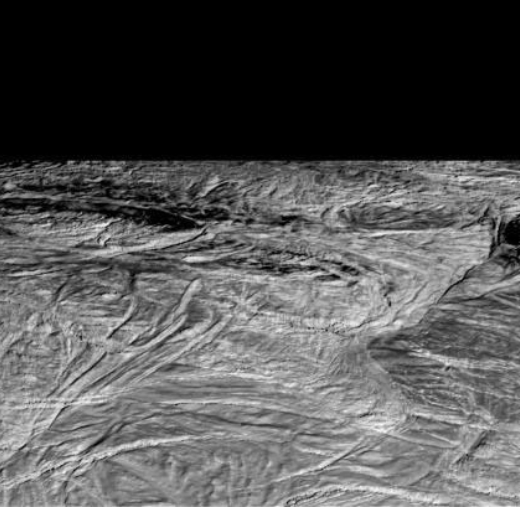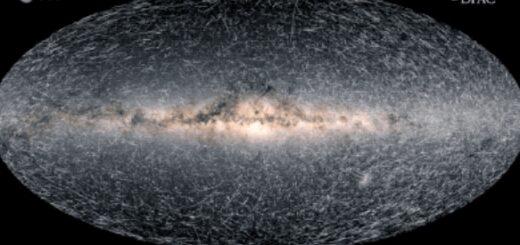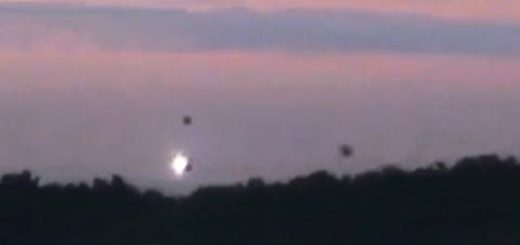SNOWED IN Nearby ‘snowstorm’ moon pinpointed as best place to hunt for ALIENS by top physicist

IN the hunt for alien life, an icy moon circling our neighbour Saturn may be the best place to look.
Now a top physicist is urging Nasa to probe frosty Enceladus and unlock its secrets.
That – and its close proximity to Earth – has led many scientists to believe the moon is one of the best places to search for alien life.
Now veteran space expert Professor Ed Stone is calling for a return mission to Enceladus – after the Voyager fly-bys of the 1980s.
“We really need to get back and look at that moon,” said Stone, 83, who lectures on physicsts at the California Institute of Technology, speaking to the Guardian.
“It’s snowing all the time. That means there’s liquid water beneath the icy crust.
“Here on Earth, wherever there’s water there’s microbial life.”
Little was known about Enceladus before Nasa’s interstellar Voyager spacecraft probed them from afar in the 1980s.
Images revealed the moon to be bright and white, signalling a total surface covering of clean ice.
This ice makes Enceladus highly reflective, helping to keep it cool – with midday surface temperatures of around -198C.
But Saturn’s chilly moon was also revealed to have craters, suggesting geological activity below.
It’s believed that this sub-surface heat may allow for a liquid ocean beneath the icy crust.
Nasa’s Cassini probe logged plumes of water vapour rising up from the surface in 2017.
These geysers further confirmed the existence of liquid water, and gave scientists hope for the discovery of alien life.
“There are people thinking through how to fly through the geysers,” Stone said.
“I think it would be best to fly through the geysers and bring back samples to Earth to see if there were microbes there.
“Microbes are the most likely things for us to find.
“We’d want to look at that to see if microbes are related to those here on Earth or distinctly different.”



 Creators of mankind
Creators of mankind Description of “Tall white aliens”
Description of “Tall white aliens” Where they came from?
Where they came from? About hostile civilizations
About hostile civilizations The war for the Earth
The war for the Earth “Tall white aliens” about eternal life
“Tall white aliens” about eternal life Video: “Nordic aliens”
Video: “Nordic aliens” Aliens
Aliens Alien encounters
Alien encounters The aliens base
The aliens base UFO
UFO Technology UFO
Technology UFO Underground civilization
Underground civilization Ancient alien artifacts
Ancient alien artifacts Military and UFO
Military and UFO Mysteries and hypotheses
Mysteries and hypotheses Scientific facts
Scientific facts


















